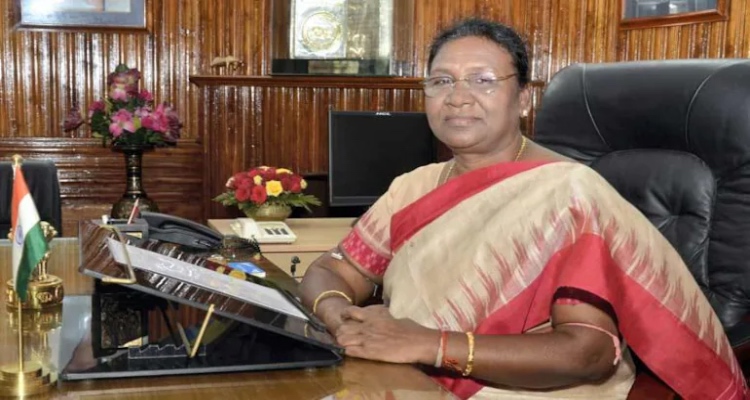
President of India Droupadi Murmu has given her assent to three new criminal justice Bills, replacing colonial laws such as the IPC, CrPC, and the Evidence Act.
The newly enacted laws are named Bharatiya Nyaya Sanhita 2023, Bharatiya Nagarik Suraksha Sanhita 2023, and Bharatiya Sakshya Adhiniyam 2023.
This development follows the recent passage of three criminal bills in Parliament: the Bharatiya Nyaya (Second) Sanhita Bill, the Bharatiya Nagarik Suraksha (Second) Sanhita Bill, and the Bharatiya Sakshya (Second) Bill.
Emphasizing crimes against women, children, murder, and offenses against the nation, these bills were approved during the Winter Session of Parliament by both the Lok Sabha and the Rajya Sabha.
The Bharatiya Nyaya Sanhita replaces the Indian Penal Code (IPC) and comprises 358 sections, introducing 20 new crimes, increased imprisonment sentences for 33 crimes, enhanced fines for 83 crimes, and mandatory minimum punishments for 23 crimes. Additionally, community service penalties are introduced for six crimes, and 19 sections are repealed or removed.
Replacing the CrPC, the Bharatiya Nagrik Suraksha Sanhita consists of 531 sections, featuring changes to 177 provisions, nine new sections, and 39 new sub-sections. The bill includes 44 new provisions and clarifications, adds timelines to 35 sections, and introduces audio-video provisions at 35 places. Fourteen sections have been repealed and removed.
The Bharatiya Sakshya Adhiniyam, taking the place of the Indian Evidence Act, includes 170 provisions, incorporating 24 changes, two new provisions, and six sub-provisions. It also repeals or deletes six provisions.
Union Home Minister Amit Shah introduced the bills in the Rajya Sabha, emphasizing a shift from a colonial mindset to a justice-oriented approach. The new laws aim to conclude cases within three years, ending the “tareekh pe tareekh” (date after date) era.
The Bharatiya Nyaya Sanhita addresses crimes against women and children, proposing changes to provisions related to the rape of women below 18 years of age. It introduces penalties for fraudulent engagement in sexual intercourse and promises to marry without genuine intentions.
Terrorism is defined for the first time in the Bharatiya Nyaya Sanhita, with terrorist acts punishable by the death penalty or life imprisonment without parole. The bill includes provisions related to organized crime, armed rebellion, subversive activities, and separatist activities.
The laws institutionalize the practice of filing zero FIRs, allowing FIRs to be lodged anywhere regardless of the crime location. Victim’s rights to information are ensured, with provisions for free copies of the FIR and updates on the investigation within 90 days.
The reform process for these criminal justice laws began in 2019, incorporating over 3,200 suggestions from stakeholders, with Union Home Minister Amit Shah leading comprehensive discussions in more than 150 meetings.




